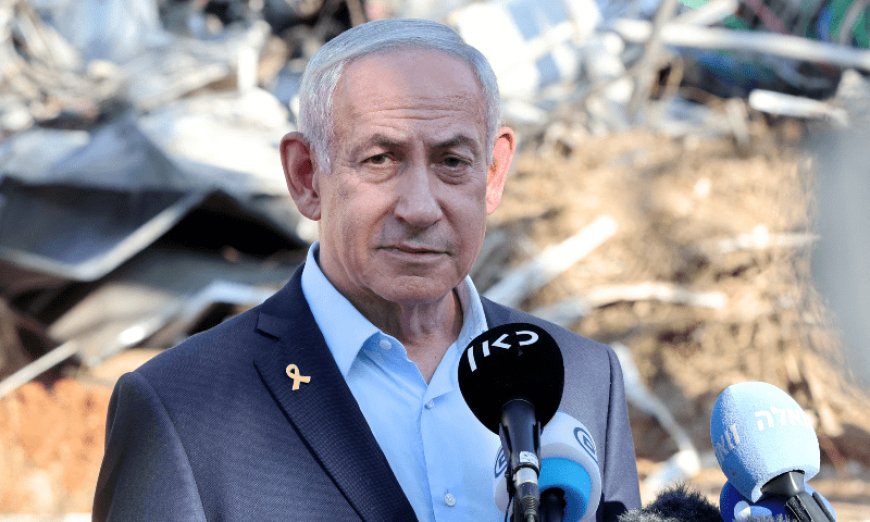Deal Near as Israel PM Agrees Gaza Cease‑Fire Soon
Israeli Prime Minister Netanyahu reportedly agrees to a ceasefire plan to end the ongoing Gaza conflict. Key terms include humanitarian corridors and international monitoring. Full story.

In a potential breakthrough toward restoring peace in the Middle East, Israeli Prime Minister Benjamin Netanyahu has reportedly agreed to a plan aimed at ending the ongoing conflict in Gaza, according to sources familiar with high-level diplomatic discussions. The development follows increasing international pressure, widespread humanitarian concerns, and mounting civilian casualties on both sides.
-
Prime Minister Netanyahu is said to have agreed in principle to end the current military campaign in Gaza.
-
A ceasefire proposal, reportedly backed by the United States, Egypt, and Qatar, is under active review.
-
The plan includes humanitarian corridors, release of captives, and gradual demilitarization of key zones.
-
High-level meetings are expected over the next few days to finalize the terms.
-
Hamas has not yet publicly responded to the new proposal.
The latest escalation in Gaza began in early May 2025, when:
-
Israeli airstrikes targeted what it claimed were militant command centers.
-
Hamas responded with barrages of rockets into southern Israel.
-
More than 1,700 people have been killed, and thousands injured, including women and children.
-
Homes, hospitals, and schools have been severely damaged in Gaza.
According to reports from Israeli media and international diplomatic sources:
“Netanyahu has conveyed willingness to accept a structured ceasefire proposal, provided it ensures long-term security for Israeli citizens.”
The source, who requested anonymity, confirmed the terms are still being negotiated but reflect a broader desire to avoid further bloodshed.
World leaders have voiced deep concern over the humanitarian toll and instability caused by the conflict:
-
U.S. President Joe Biden urged a ceasefire, calling for an “immediate stop to the violence.”
-
UN Secretary-General António Guterres called the situation in Gaza “catastrophic.”
-
EU leaders have pressed Israel and Hamas to return to diplomacy and avoid further escalation.
Global protests, particularly in London, New York, Paris, and Istanbul, have called for an immediate ceasefire and aid access to Gaza.
Though official terms are still under discussion, key points include:
-
A mutual ceasefire within 72 hours of signing.
-
Opening of humanitarian corridors for food, fuel, and medicine.
-
A prisoner and hostage exchange deal.
-
International observers to monitor the situation on the ground.
-
Long-term dialogue for two-state solution discussions.
While Netanyahu faces international pressure, he also confronts internal divisions:
-
The Israeli security cabinet is split between hawkish and moderate members.
-
Civilian protests in Tel Aviv and Haifa have demanded an end to war.
-
Military reservists and aid groups have warned of war fatigue and rising mental health issues.
“The political cost of continuing the war may soon outweigh the strategic benefits.”
The UN Relief and Works Agency (UNRWA) reports:
-
Over 400,000 people displaced.
-
Hospitals operating at over 200% capacity.
-
Water and electricity infrastructure severely damaged.
-
Lack of access to food and medicine putting lives at risk.
The Gaza Health Ministry says:
“Children are dying not just from bombings, but from hunger and untreated injuries. We need a ceasefire to save lives.”
If confirmed, Prime Minister Netanyahu’s decision to end the Gaza conflict marks a critical turning point in one of the region’s most devastating confrontations. With millions affected, global outrage rising, and diplomatic windows narrowing, this ceasefire could be the first step toward a longer-term peace—if both sides commit to the path of reconciliation.

 Ateeq Ur Rehman
Ateeq Ur Rehman